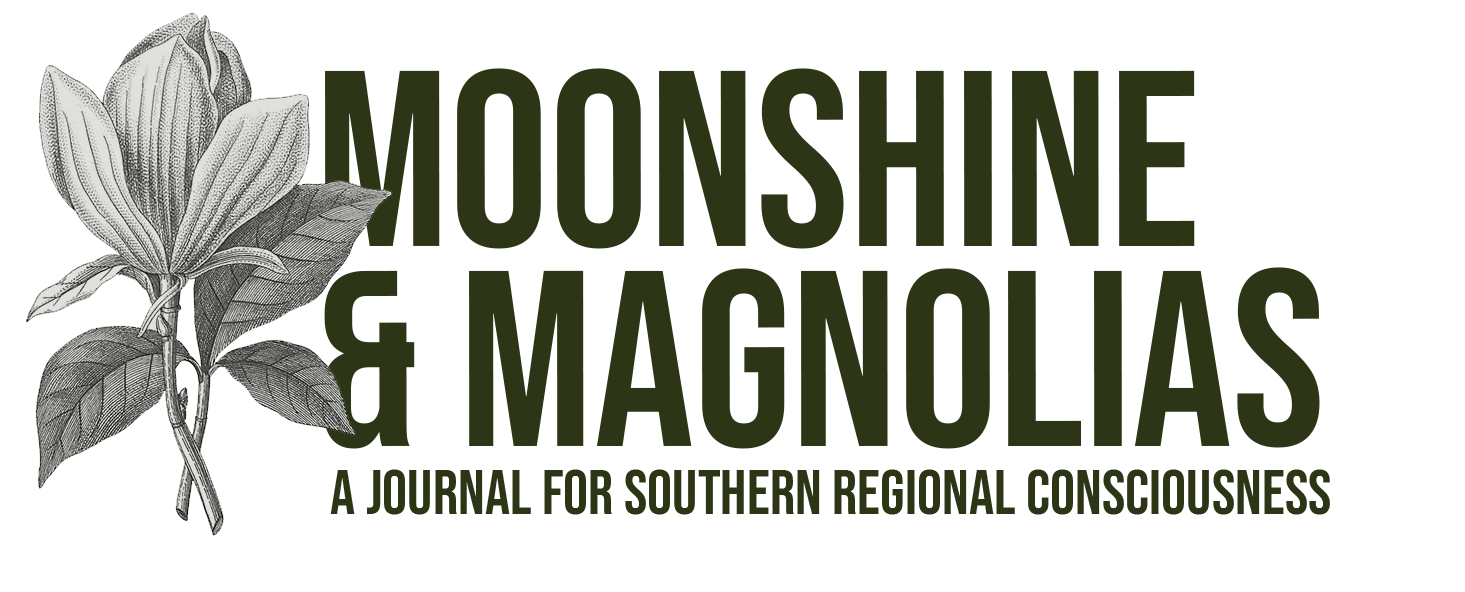Slow on the Drawl
For years, I devotedly worked to stifle any semblance of a drawl, twang, or other type of Southern accent. Only lately have I realized what was being taken from me.
With the invention of television, internet, and geographic flexibility, the American regional dialects have become increasingly muddled. Traditional tones fade away as ever-expanding globalism conforms people to the current fads and fashions. A longtime desire of “smart folks” has been to excise the Southern accent from the so-called melting pot.
I, along with scores of other young Southern men and women, fell prey to such schemes. And how could we not? It’s hard to fight a cultural battle that’s been waged since 1865.
Despite being born in Arkansas and Louisiana, my parents don’t have very strong Southern accents. None of the people on TV had them either, with the occasional exception of certain characters in the John Wayne westerns we watched. None of my teachers had them, and the figures we studied in class were generally “well-educated” and sounded real clean-like.
While I was surrounded by the thick twang of the East Texas pines, I had been thoroughly indoctrinated to write my own community off as uneducated plebs unworthy of imitation.
The one consistent bulwark against the sandpaper of modern culture was my grandfather. Born across the big river from Reynosa in Mission, Texas, he was of Scotch-Irish stock that was later lured out of Alabama by the Lone Star in the aftermath of the Civil War. And he sounded like it.
Equal parts thick, slow, sharp, and abbreviated, his accent sliced through my 21st-century ears and immediately connected me to a bygone era. I spent untold hours listening to his stories of growing up on the border, fighting in the Korean War, and working on oil rigs around the globe.
Nevertheless, by the time I got to university, I had virtually extinguished any hint of a Southern accent. No one knew where I was from when I spoke—a linguistic nomad. Despite going to school in the South, I was fundamentally taught that we shouldn’t be proud of our traditions. Accents, of course, were the most apparent modes of heritage. So, most of us worked to shed whatever was left of them.
The first time I had to really stop and think about what I was doing, however, also came during college. While a member of the trial advocacy team, we traveled up to Chicago for a competition. I gave our closing arguments and was instructed to use a Southern accent because, allegedly, Northern juries found them more trustworthy. My best shot was apparently pretty good because I scored high marks from the judges. The experience made me realize a Southern accent wasn’t just stuff for rednecks and the older folks.
It took a couple more years still, but the gradual deprogramming occurred, and I began to realize that by abandoning my accent, I was disregarding my natural birthright to belong to a place—to have a homeland. Instead of listening to those immediately around me, I had been led to believe that people out in New York or Hollywood, who couldn’t tell the difference between the Red River and the Rio Grande, somehow were the guardians of what I ought to sound like.
So, like many others before me, I finally decided to begin making my stand. Tradition and the tones of our forefathers are important. Places ought to be distinct from each other, like patches on a quilt, instead of morphing into some monotonous sludge.
There ought to be a fair amount of culture shock going from one place to the next. Otherwise, what’s the point of traveling? The South should be Southern, and the North should be whatever the hell it is.
While certainly for a different context, an old folk song properly captures the tact that new generations of Southerners need to take in regard to their traditional intonation.
“I do not want no pardon for what I was and am, / And I won't be reconstructed, and I do not care a damn!”
For me, however, my confession is being followed by ongoing penance. I listen more to not only what my neighbors say but how they say it. Additionally, despite all the efforts of my younger self, a nice, easy drawl comes out when I’m tired or drinking—it just comes on a little slow, that’s all.
Jonathan Richie covers local politics for The Dallas Express and has a background in historical research. He graduated with a degree in Classics from Houston Christian University in 2017, having studied Latin, Greek, and Hebrew. After attaining a Master’s degree in History, Jonathan is currently a doctoral candidate at Liberty University.
